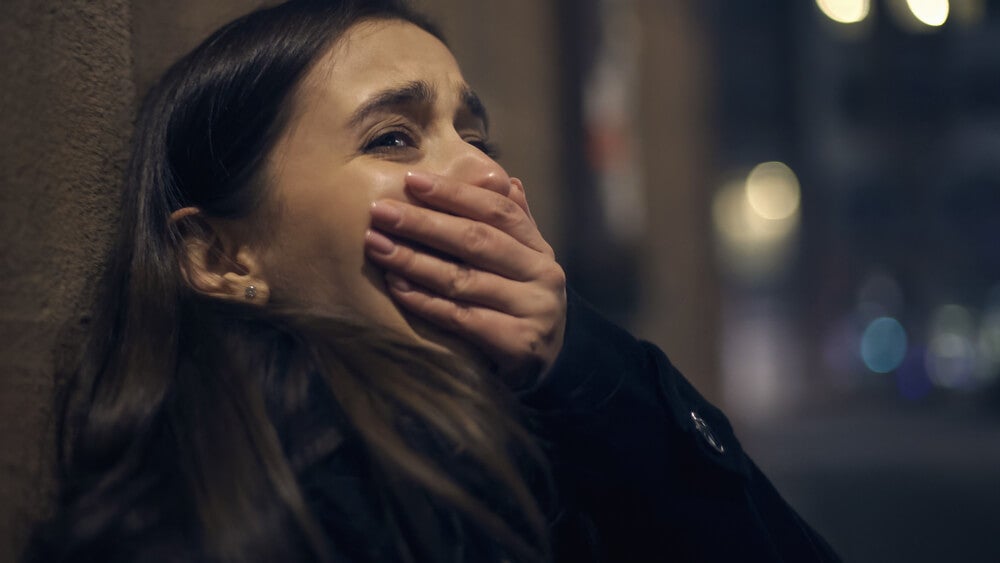Everyone, at some point in their life, has already assumed the role of victim in painful or traumatic situations, because we feel vulnerable and unprotected and need to be protected and cared for, the culture of victimization reinforces this behavior by making the person who assumes the role of victim feel accompanied.
When we feel the care and protection of the people around us, we discover that it is nice to have the attention of others, that we love the feeling of being protagonists of our environment and that they look at us all the time.
- It turns out that some people assume this role as an identity and become chronic victims.
- This identity is enramed by the culture of victimism in which we find ourselves: it is well considered to help those who need it.
- Even if it leaves us out.
On the other hand, not offering help implies negative social criticism.
It should be noted that chronic victimization is not, in itself, a pathology classified in dsm-5, although it may lay the psychological basis for the development of a paranoid personality disorder.
While it is true that when we assume the role of victims it is because of a feeling of unrest, some people turn that role into a way of life Why does this happen?What drives someone to recreate their discomfort?
The answer is simple: reinforcement and continuous attention. The reinforcement that occurs when a person is a victim creates an entry in a “continuous loop”. I feel bad, they reinforce my importance, that’s why I allow myself to stay in this role.
Society plays a key role. According to Giglioli, a comparative literature expert and author of Critical Victim, victimism is a cultural addition to the social laws that govern our culture.
The culture of victimism says that being a victim is socially appreciated because it is positively valued for helping those in need.
In the culture of victimism, there is a tendency to reinforce the victimist role, of “Poor Thing”, “Is there no one?”How can we not help if she is my mother ??, “Are you a terrible son for leaving herself?.
All this adds to the fear of what others will say: “They will say that I am a bad person, what they will think of me if I do not help them. “
Victims truly believe that everything that happens to them is the fault of others or the circumstances. They think they’re very unlucky and that “everything happens to them. “
This is the so-called external place of control, in which the person assumes no responsibility for actions like his own, on the contrary, this responsibility is attributed to external and external factors to himself.
“People who believe they have the power to exercise some control over their lives are healthier, more effective, and more prosperous than those who have no confidence in their ability to make changes in their lives. “- Albert Bandura-
Victims tend to exacerbate what happens to them, creating an even greater sense of gravity in relation to what is happening, which prevents them from seeing the positive side, are completely focused on the negative and everything good goes unnoticed.
As a result, their problem-solving strategies are incorrect, preventing them from creating different alternatives, possible solutions to their difficulties, and taking control of their lives.
“Optimism is very valuable for a meaningful life. With a firm conviction of a positive future, can we reorient our life’s service to the most important thing?-Martin Seligman-
Chronic victims try to manipulate the people around them to achieve their goals, so they often easily recognize the most empathetic people who are their main goal, using that empathy for their own benefit to achieve what they want.
When that person doesn’t do what he expects, he puts him in the role of executioner and himself as a victim. They use phrases like, “After everything I’ve done for you, and that’s how you reward me,” “Leave me. Alone?” If you don’t, you don’t like me.
All this causes feelings of guilt in the person who receives these messages, in short, tries to get what he wants through emotional blackmail.
As we see, the culture of victimism leads us to give up our desires and needs to help others, it is important that we be aware of it to protect ourselves and promote change in the person who assumes the role of victim.

